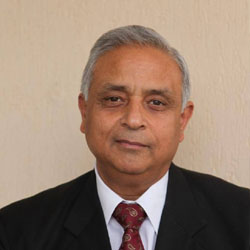"Leadership is the wise use of power. Power is the capacity to translate intention into reality and sustain it." Warren Bennis
Some Leadership programmes are integral parts of other organizational strategies, whilst others stand alone to manage specific requirements. The definition of leadership will depend on the culture of the client company, the type of group or team they are leading and the role they are fulfilling.
Elements covered will be determined by the above, but illustrative of useful elements are:
- Insight into self and how we interface with others
- Understanding of personal preferred leadership style and the likely consequences of this.
- Development of personal strategies to deal with situations perhaps not addressed by the preferred style.
- Education into a range of appropriate leadership models,to allow a greater depth of situational understanding and options for personal development.
- Development of key leadership tools including communication, feedback, active listing, involvement techniques and motivation.
- Formulation of a personal plan to develop both self and those being led.
Programme Flow:
- Discuss objectives, leaders' roles and expectations
- Ascertain level of present leadership competence
- Develop appropriate programme
- Deliver training and development with formulation of action plan
- Additional support as appropriate









